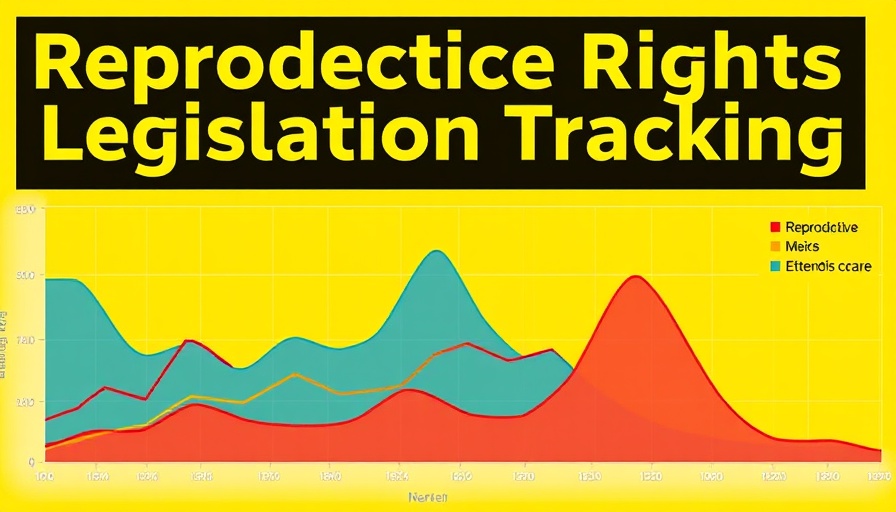
Understanding Reproductive Health Litigation
Litigation surrounding reproductive health and rights has emerged as a pivotal issue in today's federal courts. With changing laws and continued advocacy, understanding the landscape of these legal battles is crucial for both insured and uninsured citizens. This examination reveals not only the legal ramifications but also the deeply personal stories at stake.
The Context of Current Legal Battles
In recent years, the right to reproductive health has faced numerous challenges across various states. Courts have become the battleground for defending or dismantling these rights. For example, the conversation around abortion access has intensified, particularly following key rulings that could shift the balance of reproductive rights in America. Ongoing cases reflect how legislative changes prompt rapid legal contests, making it crucial for communities to stay informed.
Why These Battles Matter to Everyone
Even if someone may not see themselves as directly impacted by reproductive health policies, the consequences ripple throughout society. Issues like access to contraception and abortion services can influence overall public health, particularly among marginalized groups. Legal decisions don’t just affect individuals; they shape community health outcomes and societal norms. Therefore, understanding these matters fosters informed dialogue and advocacy in the community.
A Personal Story from the Community
Take Sarah, a local resident and mother who found herself navigating the complexities of reproductive health policies when she experienced unexpected complications during her pregnancy. Her story embodies the importance of having access to comprehensive reproductive health care. Legal decisions directly affected her choices and her family’s future, illustrating how legal battles in faraway courtrooms ultimately affect everyday lives.
Future Predictions: What Comes Next?
As litigation unfolds, it’s essential to consider what future trends may emerge. Experts predict that, as public opinion shifts, various legal challenges will likely prompt new legislative proposals. For instance, if a court rules in favor of stricter regulations, there may be a surge in grassroots movements advocating for reproductive rights to counteract these changes. Observing these trends can empower individuals to engage in advocacy and support policies that align with their beliefs.
Getting Involved: How to Make a Difference
Community engagement is vital. Citizens can participate in local advocacy groups or attend city council meetings to voice their concerns. Supporting organizations that provide reproductive health education can also foster a community knowledgeable about their rights. Never underestimate the power of informed citizenry in shaping the dialogue around reproductive health.
Conclusion: Your Voice Matters
Understanding and discussing litigation surrounding reproductive health is essential for everyone, whether directly affected or not. The stakes are high as these issues impact community health, personal choices, and societal values. Engage in conversations, seek information, and don’t hesitate to lend your voice to the ongoing dialogue.
 Add Row
Add Row  Add
Add 




Write A Comment